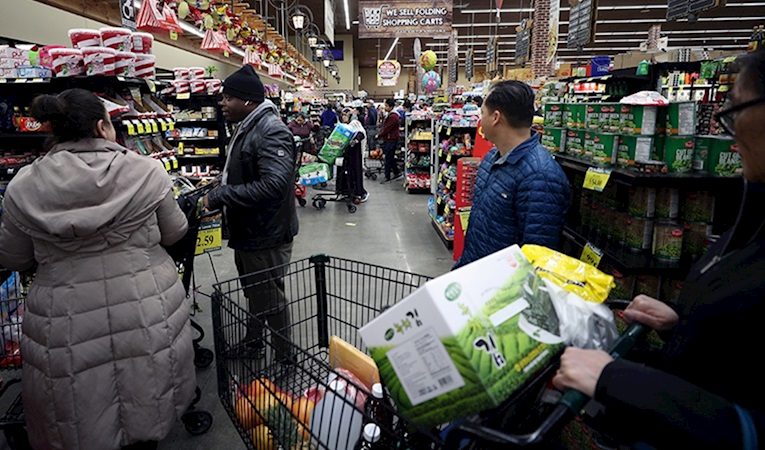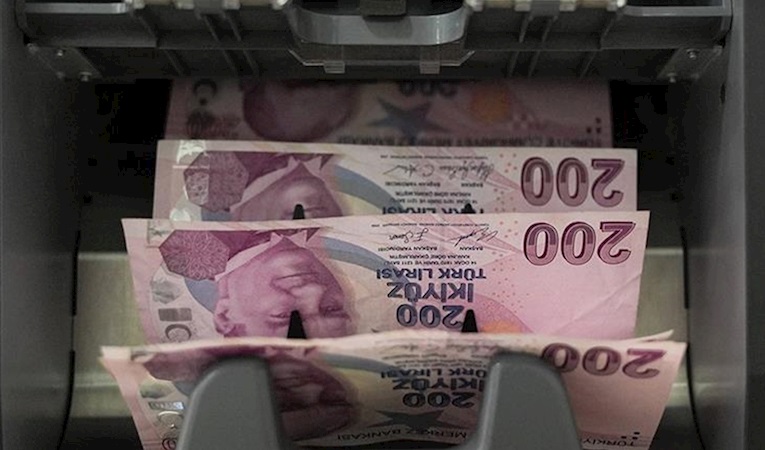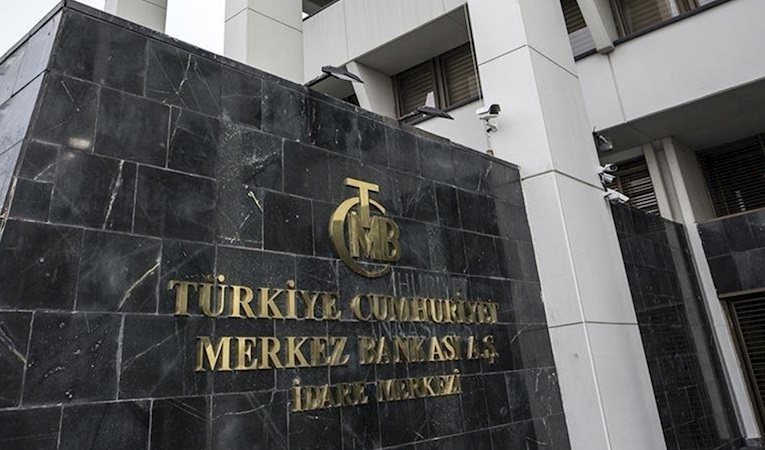
-
BIST 100
 11335,05%0,43En Düşük11307,70En Yüksek11385,18
11335,05%0,43En Düşük11307,70En Yüksek11385,18 -
DOLAR
 42,78%0,13Alış42,7764Satış42,7864En Yüksek42,8350
42,78%0,13Alış42,7764Satış42,7864En Yüksek42,8350 -
EURO
 50,21%0,03Alış50,1574Satış50,2641En Yüksek50,2462
50,21%0,03Alış50,1574Satış50,2641En Yüksek50,2462 -
EUR/USD
 1,17%0,04Alış1,1725Satış1,1728En Yüksek1,1731
1,17%0,04Alış1,1725Satış1,1728En Yüksek1,1731 -
ALTIN
 5962,45%0,12Alış5961,75Satış5963,14En Yüksek5971,23
5962,45%0,12Alış5961,75Satış5963,14En Yüksek5971,23
-
BIST 100
 11335,05%0,43En Düşük11307,70En Yüksek11385,18
11335,05%0,43En Düşük11307,70En Yüksek11385,18 -
DOLAR
 42,78%0,13Alış42,7764Satış42,7864En Yüksek42,8350
42,78%0,13Alış42,7764Satış42,7864En Yüksek42,8350 -
EURO
 50,21%0,03Alış50,1574Satış50,2641En Yüksek50,2462
50,21%0,03Alış50,1574Satış50,2641En Yüksek50,2462 -
EUR/USD
 1,17%0,04Alış1,1725Satış1,1728En Yüksek1,1731
1,17%0,04Alış1,1725Satış1,1728En Yüksek1,1731 -
ALTIN
 5962,45%0,12Alış5961,75Satış5963,14En Yüksek5971,23
5962,45%0,12Alış5961,75Satış5963,14En Yüksek5971,23
- Anasayfa
- Haberler
- Tüm Haberler
- Excess Capacity Syndrome
Excess Capacity Syndrome
In automotives and iron-steel the capacity utilization rate has fallen to 55 percent. The rate of capacity utilization has also declined in leading sectors such as paints, cement and white goods. T...
In automotives and iron-steel the capacity utilization rate has fallen to 55 percent. The rate of capacity utilization has also declined in leading sectors such as paints, cement and white goods. That is to say that the crisis has created a serious excess capacity problem in the world as a whole. The picture is no different in Turkey. 24 of the 30 sectors included in our study have experienced a decline in the rate of capacity utilization in the last two years. So when will capacity utilization rates return to pre-crisis levels? Information coming from sectors and companies suggests that there will not be an upturn in 2010. Hopes are resting on 2011.
One of the sectors which has suffered the most from the global economic crisis is automotives. In addition to giant automotive companies being hard hit by crisis, the rates of both production and capacity utilization have fallen. Koç Holding Automotive Group President Cenk Çimen says: “The global production of automobiles and light commercial vehicles, which was 70 million, is estimated to have declined by 15 million vehicles, that is to say 22 percent, in 2009. Capacity utilization rates are estimated to have fallen from 80 percent to 55 percent.”
In addition to the automotive sector struggling with excess capacity and too many factories, the iron and steel sector is facing similar problems. The sector, which has a global capacity of 1.8 million tons, has suffered a dramatic decline in capacity utilization. In 2008, the sector had a capital utilization rate of 75 percent, which fell to 55 percent in 2009.
In the paint sector, the capacity utilization rate, which had been 85 percent before the crisis, declined to 60 percent. The timber-based panel sector, which had a capacity utilization rate of 85 percent at the end of 2007, is working at a rate of 65 percent as a result of the crisis.
In brief, the crisis has created a significant problem of excess capacity in the main sectors. This situation has resulted in significant changes in all of the balances, from production to employment, suppliers and supply industries.
Hopes Resting On 2011
Coming to what the sectors which closed 2009 with declines in capacity utilization expect in 2010... The experts are not optimistic. Martin Regalia, a senior vice president at the US Chamber of Commerce and Industry, says: “The recession may be over but the upturn will take a long time.”
Moody’s Vice President for Corporate Finance Falk Frey states that the most positive development in 2010 would be for capacity utilization not to fall any further. “We won’t see any added value growth before 2011,” he says.
When we look at the sectors one by one, the expectations of the slowest growth are in automotives... The sector is expected to be slower than the others in emerging from the crisis. It does not look as if there will be any improvement in capacity utilization in white goods this year. All of the plans for growth are focused on 2011. Demand in the sector was 390 million units in 2009 and is forecast to remain at the same level in 2010 before reaching 400 million units in 2011. The news is good for the iron and steel sector. According to analyses by MEPS, one of the largest consulting companies in the sector, in the world as a whole, the worst is over for iron and steel. It will grow over the next five years.
The Situation In Turkey
In the world as a whole, expectations of an upturn rest on 2011 and the situation is no different in Turkey. Export intensive sectors, led by automotives and including white goods, iron and steel and ceramics, are expected to recover at the same time as the rest of the world.
Tofaş CEO Ali Pandır does not believe that capacity utilization in the sector will increase in 2010. Koç Holding Automotive Group President Cenk Çimen notes that it is difficult to make a forecast for this year. Çimen describes the direction of developments in the rest of the world and their impact on Turkey as follows:
“Sales in the US are expected to post an increase of over 10 percent in 2010. We can say that there will be a fall in EU countries. The main reason for this is that in several of these countries, the incentive programmes that have been applied prioritized demand. We think that demand will rise in Turkey as income levels increase.”
The situation in white goods is the same as in automotives. Capacity utilization which was 80 percent before the crisis is forecast to remain at the same level as in 2009 at 65 percent.
What Kind Of Solutions Are Companies Producing?
Reducing Inefficiency
At a time when all sectors are suffering from excess capacity, companies are trying to overcome the problem by developing their own solutions. For example, Tofaş is trying to reduce inefficiency by cutting the number of shifts. Tofaş CEO Ali Pandır explains that, since the beginning of 2009, they have reduced the number of shifts from 3 to 2 but adds that it has not been possible to cut all fixed expenses by the same rate.
Innovative Approach
Akman Holding Board Chairman Ali Akman comments that the fruit juice sector has always been faced with excess capacity and says that they are trying to overcome the problem by producing innovative products. “Excess capacity also results in excess supply and sales below cost. In 2010 companies with excess capacity should just maintain the lines which result in innovation and creativity and should definitely not produce at a loss just to use up capacity,” says Akman.
New Searches
Kastamonu Entegre, which is active in the timber products sector, is trying to overcome the problem of excess capacity in its own sector by indirect export products and direct exports of signboards to neighbouring countries. Iron and steel producers are both taking measures to reduce fixed costs and develop additional sales opportunities through product diversification. Cement and machinery producers are accelerating their searches for new markets.
Nilüfer Gözütok
[email protected]
Türkiye ve dünya ekonomisine yön veren gelişmeleri yorulmadan takip edebilmek için her yeni güne haber bültenimiz “Sabah Kahvesi” ile başlamak ister misiniz?






